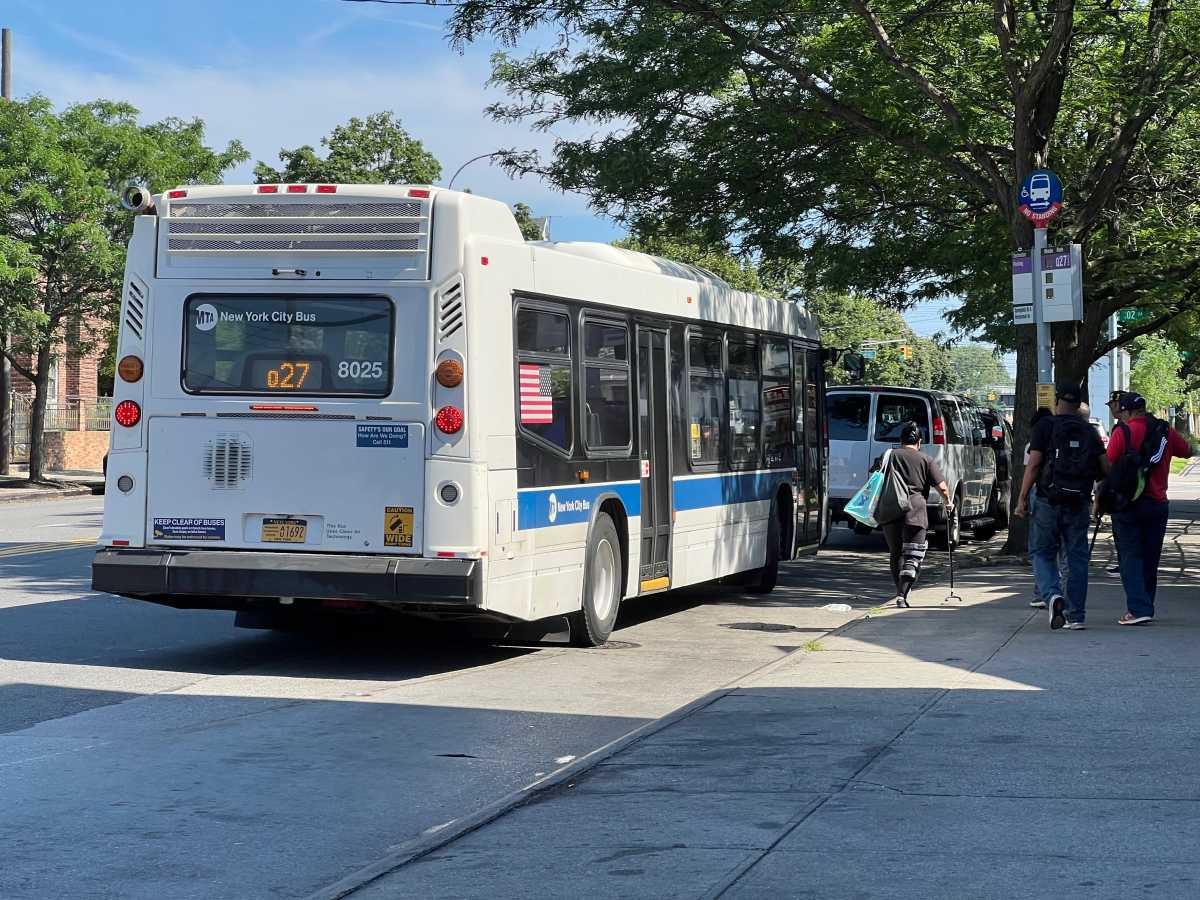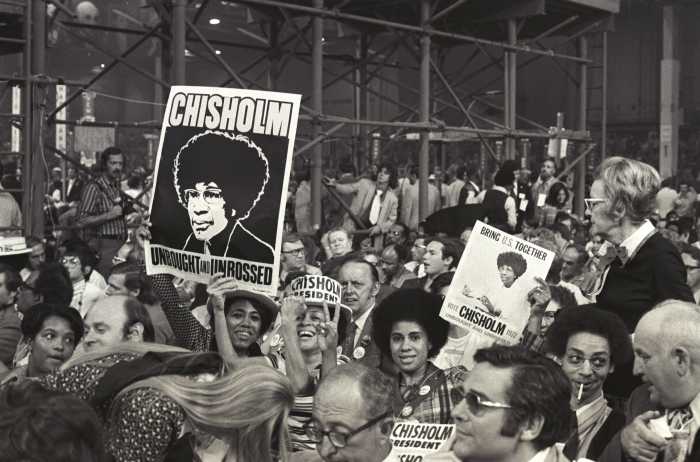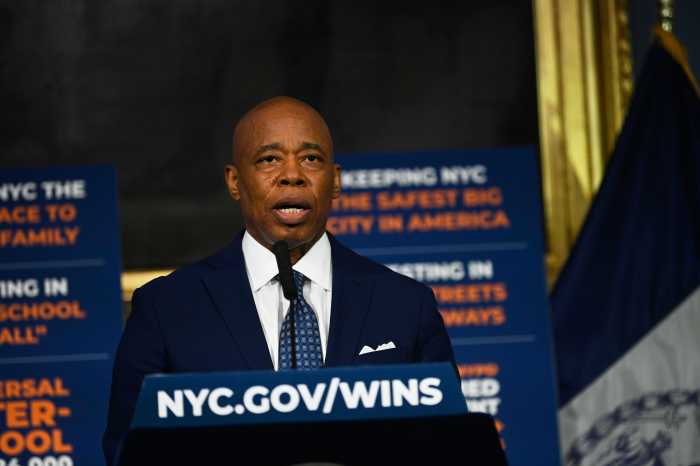Volume 75, Number 48 | April 19 – 25 2006
Editorial
Looking beyond Albany school deal
The recent Albany budget agreement to provide $6.5 billion to build schools is a good beginning to ending the historic inequity city children have suffered in education funding. The 21 schools Mayor Bloomberg took out of the budget two months ago — including the P.S. 234 school annex in Tribeca and a new K-8 on Beekman St. near City Hall — are expected to be put back in once the deal is signed into law. Although it looks like it is going to end well, it won’t mean all is well unless the mayor moves to repair the damage he did in working toward a good result.
Clearly the mayor had to threaten to cause some pain in order to get the governor and State Senate Majority Leader Joe Bruno to finally agree to more education money. And perhaps it is true that in order to get the Albany Republicans to agree, Bloomberg needed to manufacture a fight with Democratic Assembly Speaker Sheldon Silver by threatening the Downtown schools in Silver’s district. Silver and Bloomberg, though they were not working together, both scored big for Lower Manhattan and the rest of the city by getting the money.
In the process, though, the mayor cast doubt on community benefit agreements — a valuable tool to build a better city that does not yet have enough legal protection. C.B.A.’s are deals that benefit neighborhoods made by community representatives and developers or government officials in exchange for agreeing to projects. The Beekman School and the P.S. 234 annex were the result of a September 2004 letter, or C.B.A., signed by Bloomberg’s deputy mayor for economic development, Dan Doctoroff, and Councilmember Alan Gerson.
As a direct result of the letter, Gerson convinced his colleagues on the Council to approve two city land sales to Tribeca developers who have projects near P.S. 234. C.B. 1 also recommended approving both plans despite concerns that the buildings’ heights would overwhelm the neighborhood.
The letter included a promise to build the annex in one of the projects, on Battery Park City Site 5C, which is under construction, and said the city had $44 million in its capital budget to build the East Side school. The agreement was clearly worded, but when the mayor and his aides came up with a new political strategy, they felt free to deny the letter’s obvious meaning.
Would a community be foolish to ever sign another similar agreement with the city or a developer again? Yes, unless Bloomberg provides concrete assurances that these deals will be enforced and not ignored when political winds change. If communities can’t trust the city, it will prevent projects good for the city from happening.
P.S. 234 and P.S./I.S. 89 led to rising real estate prices and tax rolls in Tribeca and Battery Park City. C.B.A.’s often involve park improvements, which also increase real estate value.
City Hall can celebrate this apparent victory, but Bloomberg has to begin fixing what he broke.





































